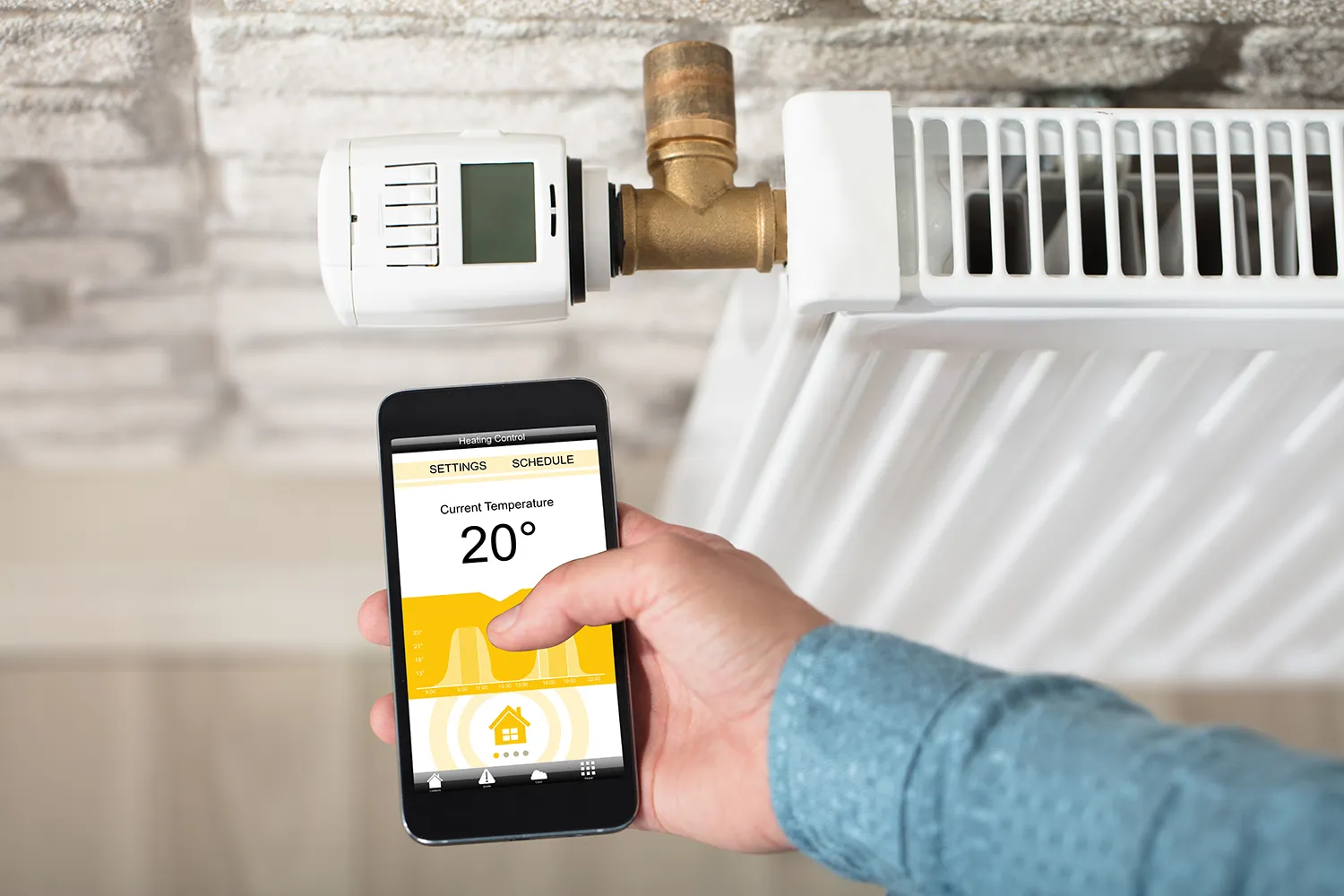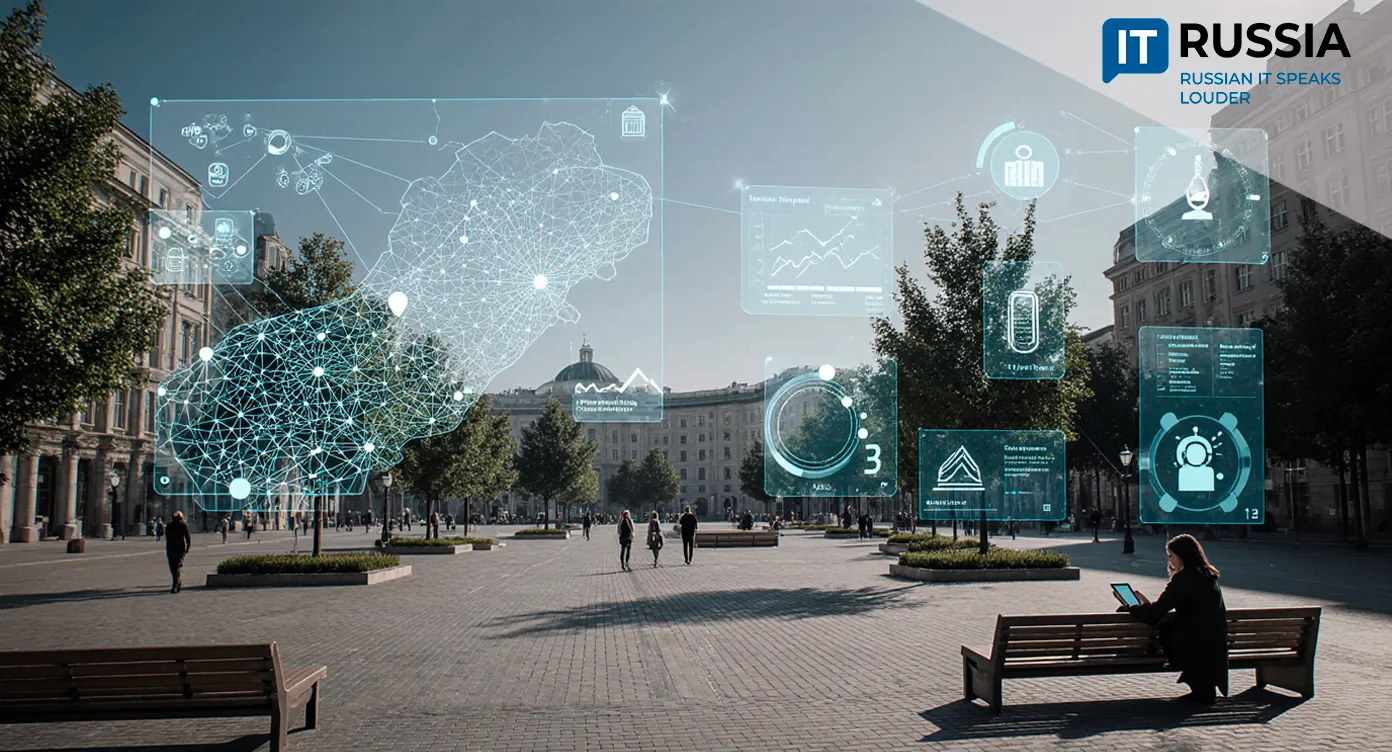In Russia, Digital Technologies Help Ensure Timely and Reliable Heating for Residents of Sverdlovsk Region

In municipalities across the Middle Urals, a new digital tool is being introduced to assess readiness for the heating season. Developers say it will increase transparency and efficiency in preparing utility systems for the fall and winter.
Eliminating Paperwork
In Sverdlovsk Region, all municipalities have joined a pilot of a functional module called “Assessment of Readiness for the Heating Season.” The digital solution is designed to help utility systems better prepare for the autumn-winter period.
Acting Governor Denis Pasler earlier instructed municipalities to obtain readiness certificates to ensure residents receive heat on schedule. As Acting Minister of Energy and Utilities Alexey Rubtsov explained, key processes in the region are being digitized, because this not only makes them more convenient but also significantly boosts their efficiency. The module shortens decision-making times, eliminates paperwork, and ensures transparency.

Mikhail Ponomarykov, Minister of Digital Development and Communications of Sverdlovsk Region, stressed that digitalization of utilities will improve reliability and enhance residents’ quality of life.
The Secret Is Speed
The module automatically processes applications from management companies, checks the required documents, calculates a readiness index, and generates final documents — readiness assessments and certificates — signed with digital signatures.
With built-in analytics, officials can track the region’s progress toward winter preparedness in real time, while generating reports in formats that can be shared with other information systems. Interestingly, the new tool acts as a digital twin of the existing paper-based process. Documents submitted in previous years remain valid — they simply need to be uploaded into the system.

Another advantage is speed: municipalities can access the module and upload all necessary documents within a single workday. Management companies bear most of the workload, as they must upload over 20 scanned originals for each building. Still, compared to traditional paperwork, the savings in time and resources are substantial.
For example, in Nizhny Tagil — home to seven heating providers responsible for hundreds of apartment buildings — manual document checks take weeks. The module reduces the entire process to filling out a digital registry, which can be completed in just a few days.
Enhancing Transparency and Control
The regional government plans to refine the module based on user feedback before rolling it out across all municipalities. The goal is full digitalization of winter readiness, along with improved monitoring and better utility management in Sverdlovsk Region.
The project aligns with national initiatives such as the “Data Economy” program, which seeks to improve citizens’ lives through new digital solutions, and broader utility modernization efforts. Governor Pasler also extended the region’s utility development program through 2030, adding new infrastructure projects scheduled for 2028–2029.

The solution is designed to enhance transparency in housing and utilities, improve service quality, guarantee stable heating, and support urban infrastructure development. While its current scope is regional, the module could be scaled to other Russian regions and even to CIS countries seeking to digitize utilities. Its adaptability to regulatory requirements makes it a strong candidate for expansion.










































